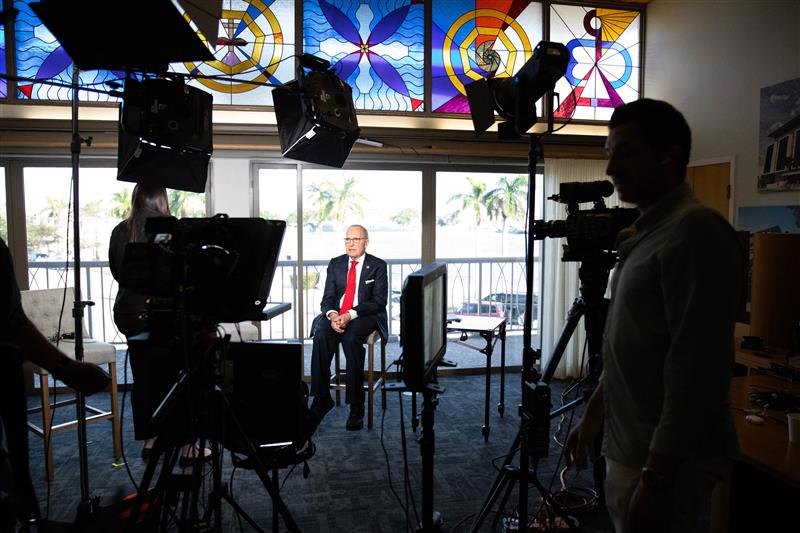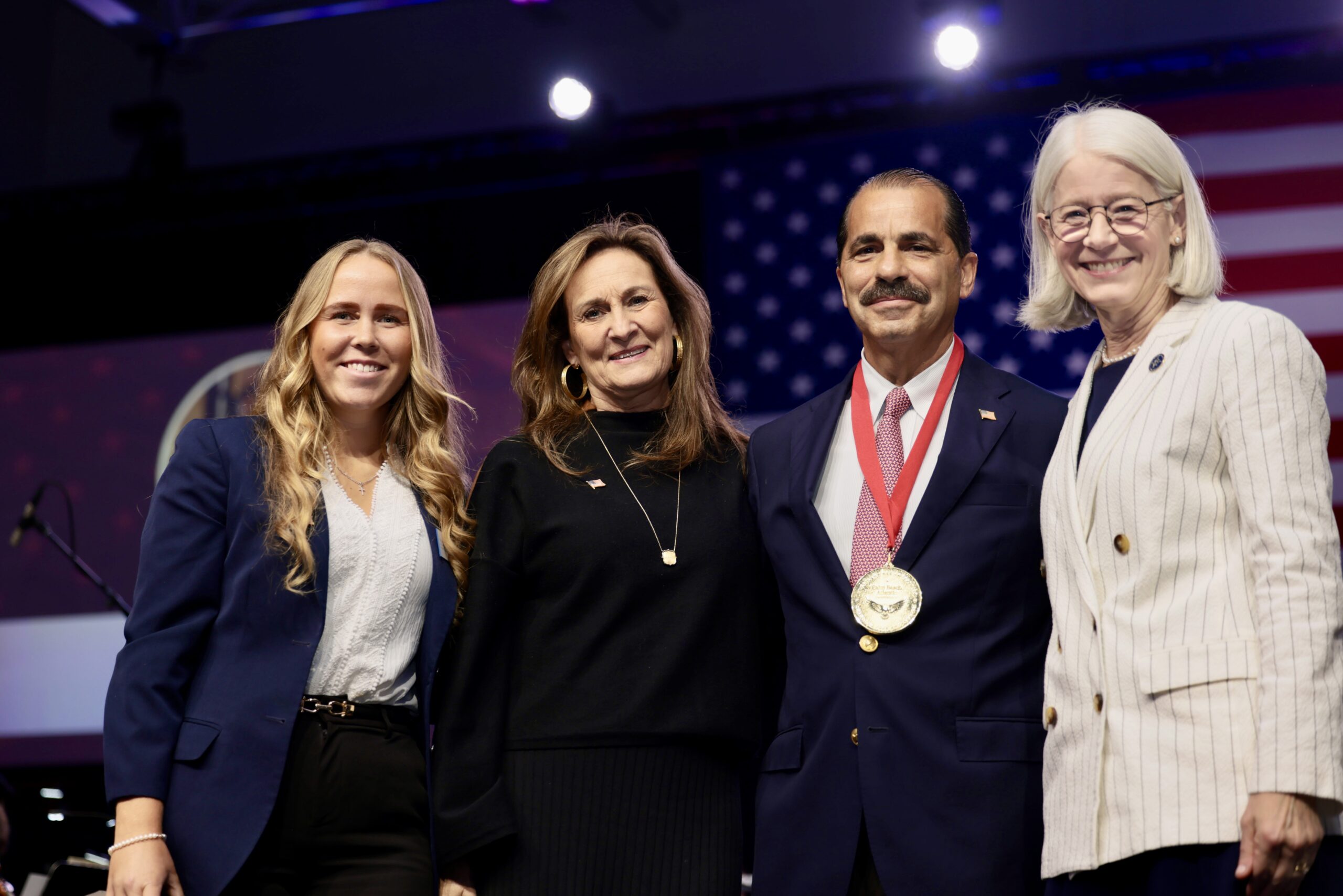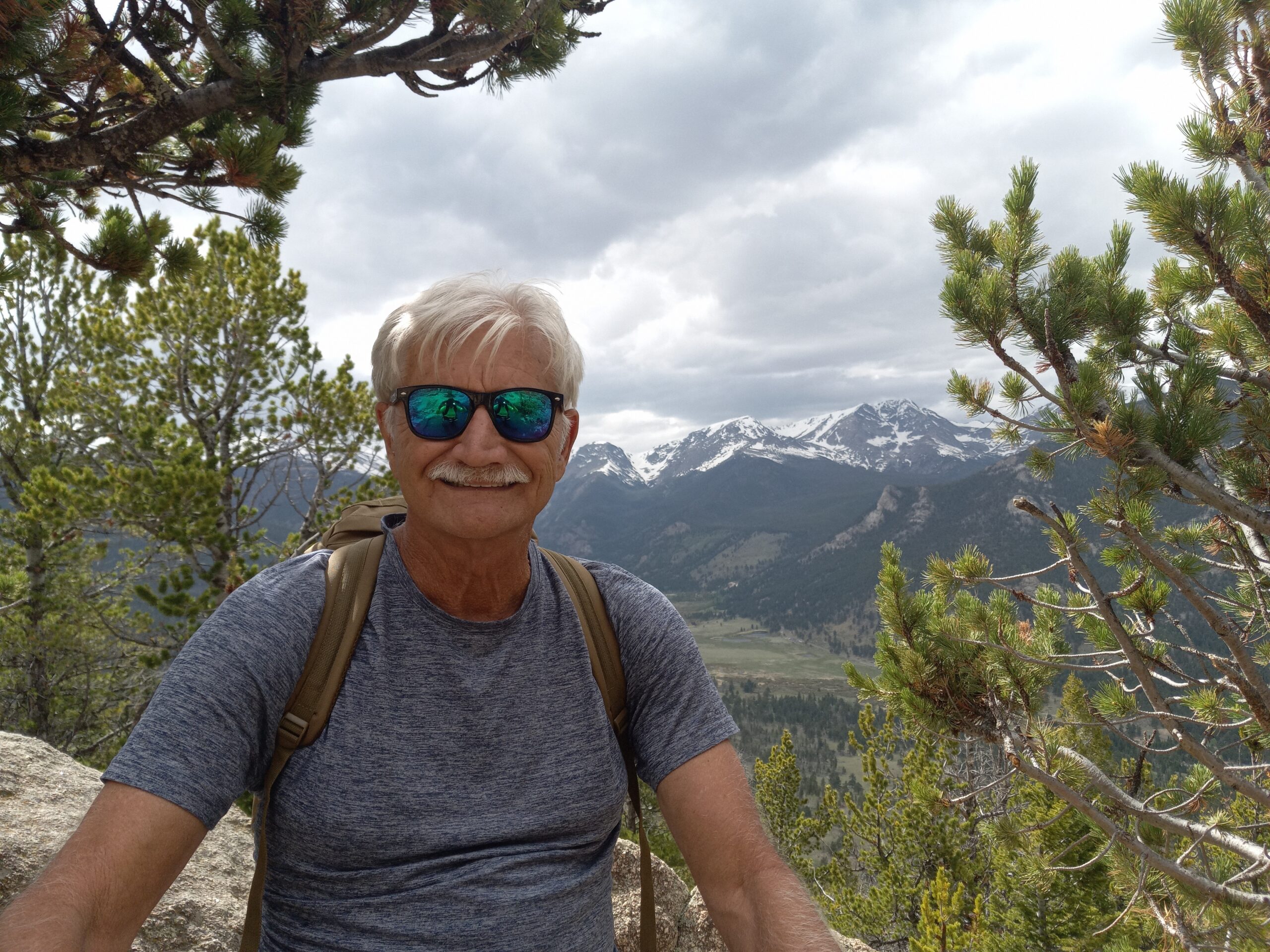Graduate students with global experience in innovation put their skills to work locally, developing new success strategies for a nonprofit that serves adults with disabilities.
The Global Development students in Dr. Craig Hanson’s case study seminar proposed social media plans, grant applications and revenue streams to help the Palm Beach Habilitation Center in Palm Springs, Florida, continue and expand its work. The center provides adult day programs, residential and vocational services and training programs.
“The graduate students translated their global experience to a local project with energy and an entrepreneurial spirit” said Palm Beach Habilitation Center CEO David Lin. “They offered the Palm Beach Habilitation Center practical tools with a fresh approach on how to sustain and expand the important work we do serving adults with disabilities.”
The University’s Master of Science in Global Development offers a multidisciplinary approach to development by training students in business, economics, politics, culture and ethics. Students work to solve development problems through eight weeks of immersive, international fieldwork in partnership with nonprofit organizations. Most of the students who were involved in the Palm Beach Habilitation Center partnership had already completed their fieldwork and brought that experience to bear, said Hanson, the program’s director.
Eleven students and their professor volunteered an estimated 200 hours. First, students visited the center – prior to COVID-19 – and simply observed how it operates. The center’s board and senior leadership invited the students to interview key staff, learn about every aspect of programming and look at the budget, Hanson said.
Courtney Assur, Blake Bonts and Marcelo Winchler Martin evaluated the center’s social media and created a manual with steps for bolstering the center’s social media presence.
“One of my passions is helping people to connect in meaningful ways,” Assur said. “Even though social media may seem trivial, it is an integral part of any non-profit to connect with potential donors and build awareness. You can be strategic in the way that you engage with social media.”
The students also brainstormed additional ways for the habilitation center to make money to support its programs, which directly serve clients. One student was impressed with the quality of the center’s food service, so he surveyed nearby medical facilities and offices to see if they’d be interested in catering services. He determined that such services could generate additional revenue, Hanson said.
Another student designed an e-commerce storefront and marketing policies, should the center want to expand its thriving brick-and-mortar thrift store online. Other projects focused on reaching out to additional corporations who may be interested in hiring the center’s clients or renting out the center’s boardroom.
Yet another group of students compiled a list of grant-making agencies and federal programs that could bolster funding for one of the center’s more cost-intensive programs. The students looked at funding agencies’ requests for proposals and wrote language that the center could use in grant applications.
Through the coursework, Tori Uhlman ’15 gained a deeper understanding of the challenges facing nonprofits. She also gained a much greater exposure to the grant-writing process.
“I really enjoyed the opportunity to do something so hands on,” Uhlman said. “It was really challenging. It taught all of us a lot about trying to think outside the box, create solutions and figure out what that looks like in the nonprofit world.”
After the successful trial with the Palm Beach Habilitation Center, Hanson intends to expand students’ work with other local not-for-profits that are eager to innovate. Between one-third and half of Global Development graduates end up working at U.S.-based nonprofits, he said.
“Students end up in a lot of different places,” Hanson said. “It’s important to be able to understand the many different career paths when you are a graduate of our program.”


